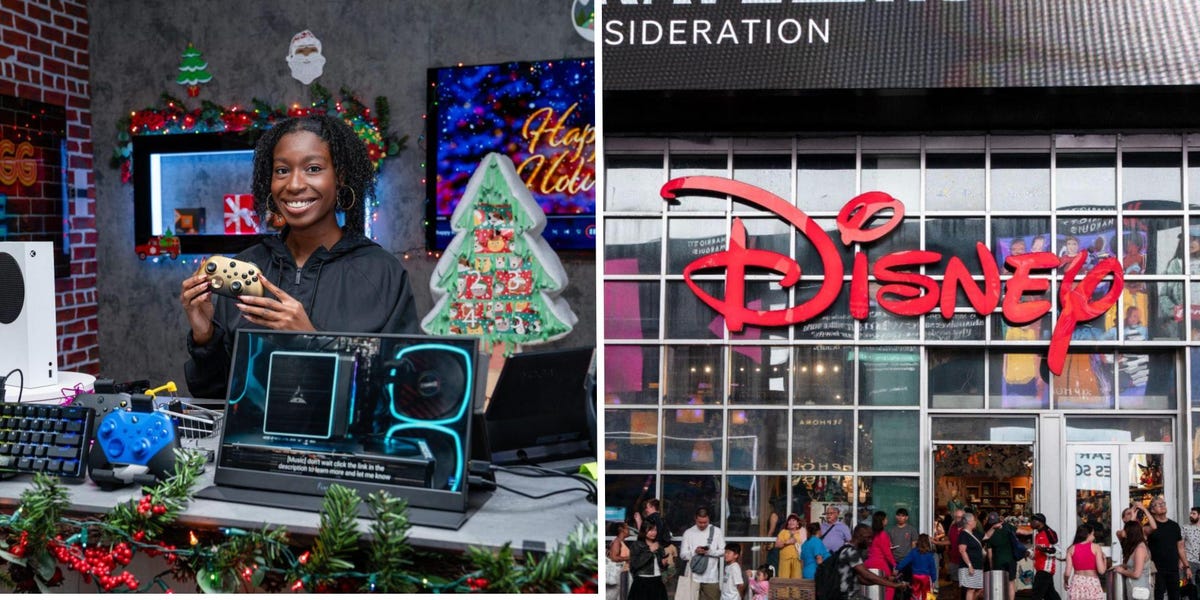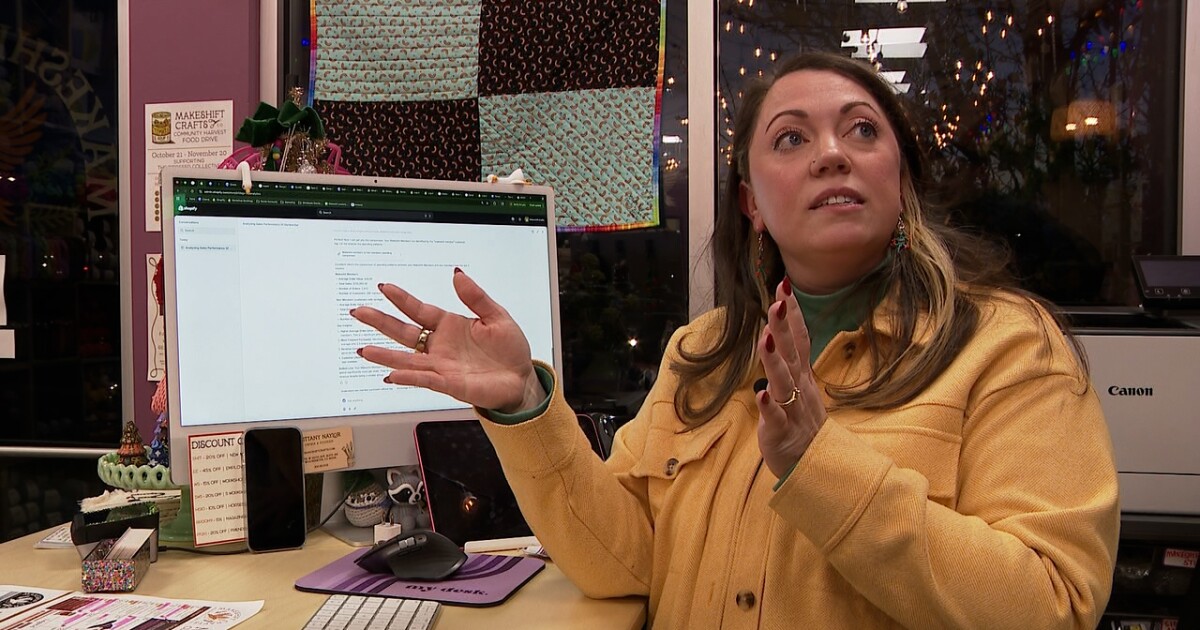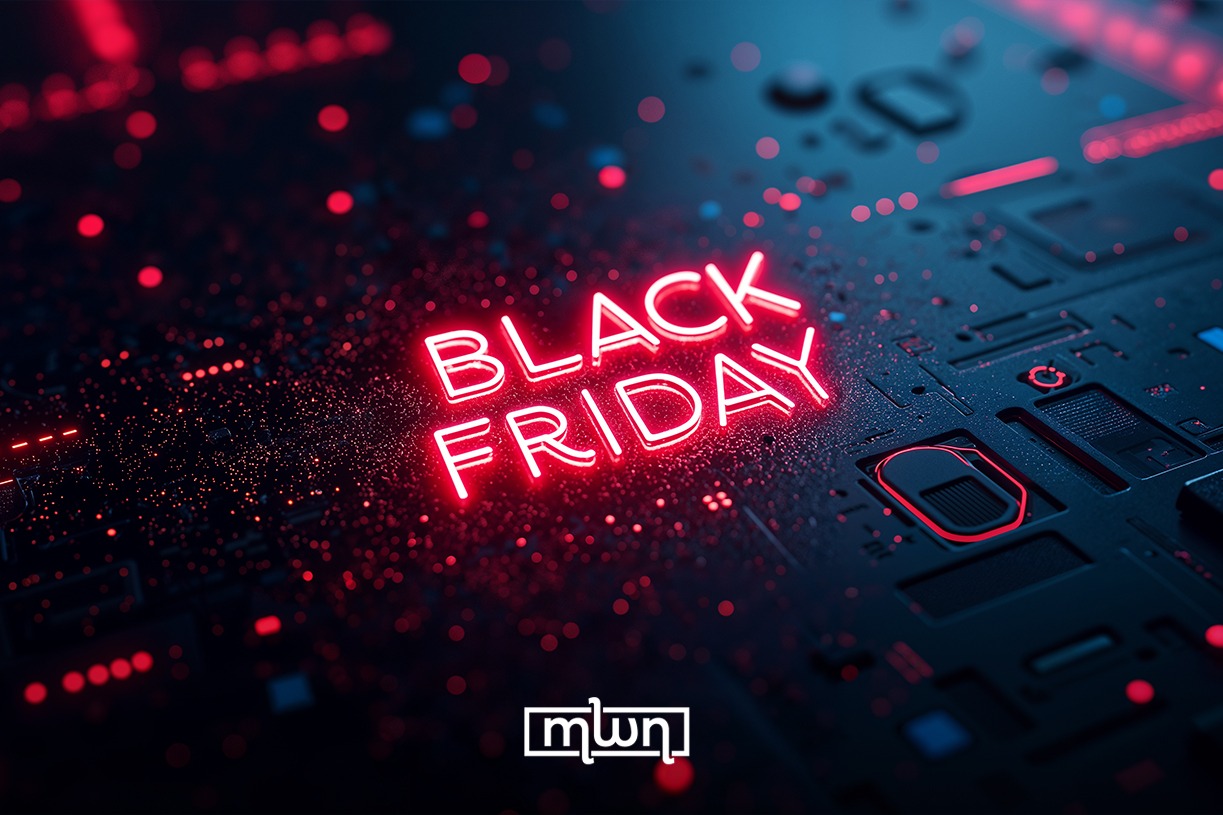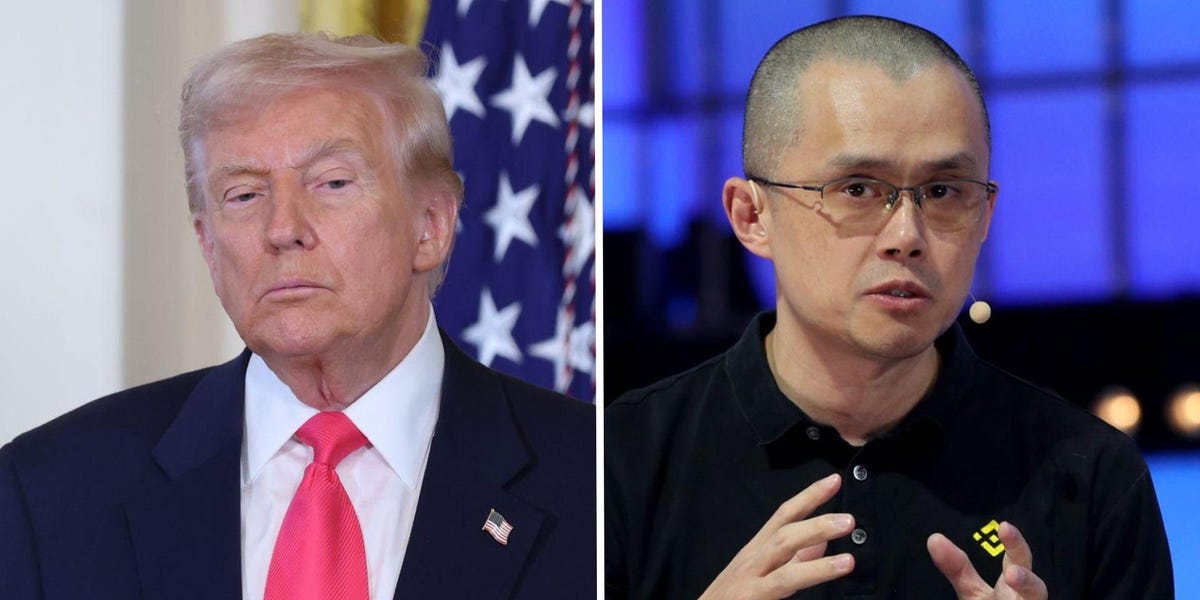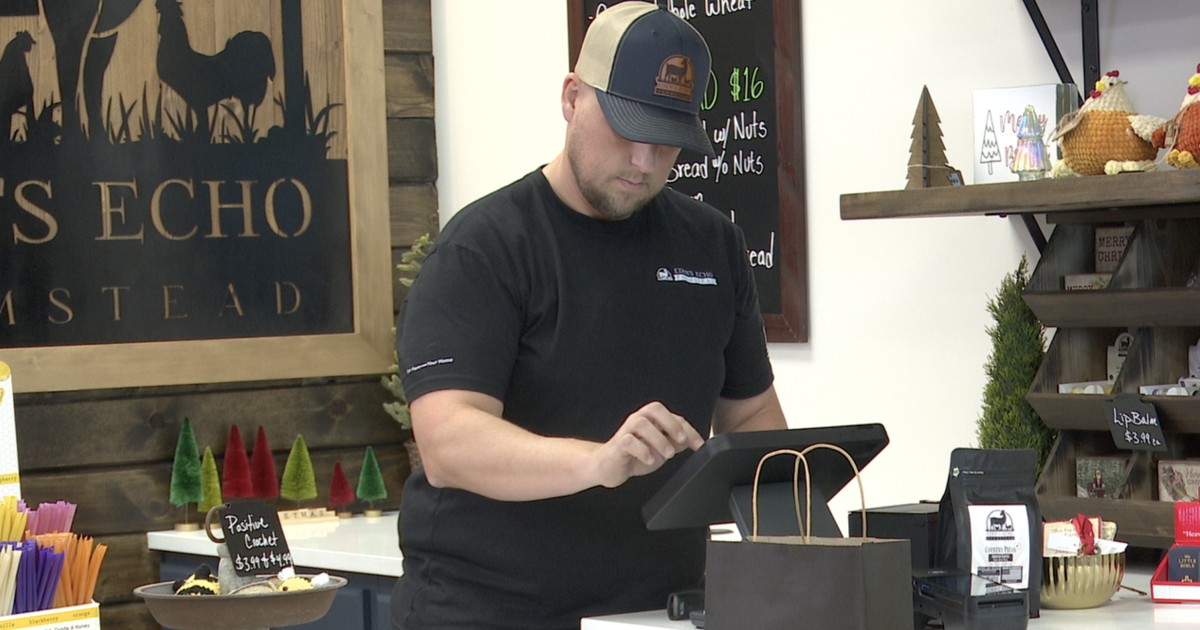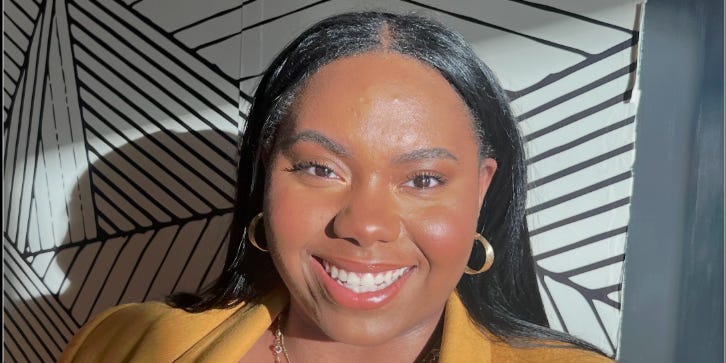‘Tis the season for big brands to start selling on TikTok Shop.
After largely struggling to onboard blue-chip brands during previous Black Friday and Cyber Monday campaigns, TikTok is seeing a wave of household names join its US e-commerce platform this year.
Among the new entrants are Samsung US, Ralph Lauren, and the Disney Store, which on November 20 began listing Mickey Mouse T-shirts and “Frozen” plush toys on TikTok.
To boost sales on the app, the companies are offering a mix of Black Friday flash deals, holiday gift options, and livestream sell-a-thons tied to the November shopping rush.
While some global brands were early adopters of TikTok Shop, including clothing retailer PacSun and electronics retailer Newegg, much of the platform’s early growth came from working with small and midsize businesses that sold viral products like a detangling brush or pickle-jar sweatshirts.
Now, a growing group of multinational companies is ready to give the platform a shot.
“The bigger brands don’t care about their first mover advantage, so they wait until it’s more mature to move in,” said William August, founder of the social-commerce agency Outlandish.
TikTok Shop, which launched in the US in 2023, has been one of the fastest-growing brands among US consumers this year, according to a recent Morning Consult report. It’s not unusual for a single Shop livestream to drive six-figure sales, as measured by gross merchandise value (GMV), two Shop agency partners said.
Social commerce is broadly heating up this holiday season, with purchases driven by social media up 29% this November compared to a year ago, according to an Adobe analysis of direct consumer transactions online. Shopping platform LTK said over 200 brands had created dedicated profiles in its app in the past week.
The category has been growing all year as more Americans become accustomed to buying products via influencers or social apps. Live-selling app Whatnot nearly doubled its valuation this year to $11.5 billion during its recent $225 million Series F round, according to the company.
“You’ve got players like Whatnot who are doing big streams and attracting meaningful brands and sellers and livestream hosts onto the platform,” said Max Benator, CEO of the social-commerce platform Orca. “It’s an exciting time.”
TikTok Shop has faced unique challenges when onboarding household-name brands. Some companies didn’t want to invest in a platform that was facing a possible ban, for example.
Other large companies were hesitant to experiment with a nascent platform that sold dupe versions of their products, one current and two former TikTok staffers told Business Insider. Amazon dealt with similar marketplace quality challenges when recruiting well-known brands.
But with the threat of a TikTok ban fading, and a variety of signals that the platform is sticky with consumers, including over $100 million in single-day Black Friday sales in the US last year, the big brands are now trickling in.
“We all know big brands generally are a bit slower and they need a lot of sign-offs,” said Jasper Knitel, founder of the social-commerce agency Social Army.
More brands, more competition
As more companies sign on to TikTok Shop, the battle for attention is heating up.
Brands are offering steep discounts on their products, which is forcing other companies to follow suit, one TikTok Shop staffer told Business Insider.
L’Oréal Paris is listing 60% discounts for some products, while Shark Ninja is offering up to 45% off products like its vacuums and Ninja Slushi maker, for instance.
TikTok also runs its own set of Black Friday promotions that favor certain companies, including its “Super Brand Day” campaign. When the company pushes traffic to a particular e-commerce livestream, it can make views spike and really drive up sales, two of the Shop agency partners said.
That kind of platform-driven promotion isn’t available to all sellers, and many brands are buying ads to help drive up video views as the ability to score organic traffic becomes more difficult, the two Shop partners said.
Brands are turning to TikTok Shop’s ad product, GMV Max, to ensure their videos get enough reach. As they spend more on ads, some are lowering their commission rates for creators to distribute their marketing costs, the agency partners said.
Influencers with a strong track record of driving sales can still negotiate better commission rates.
Brands are forming a “more intimate relationship with a smaller group of creators that will do what you ask them to do and that you are willing to spend ads behind,” Knitel said.

